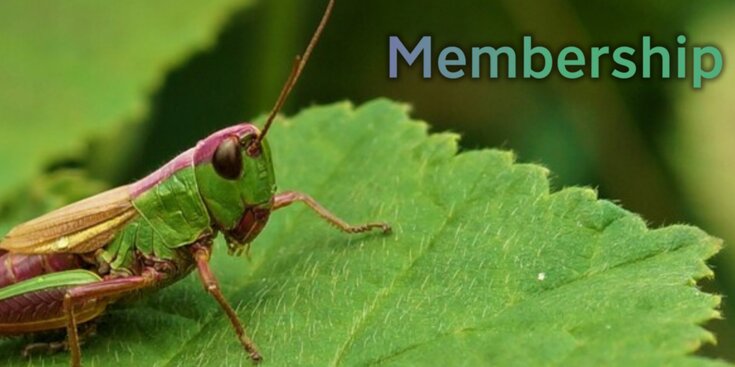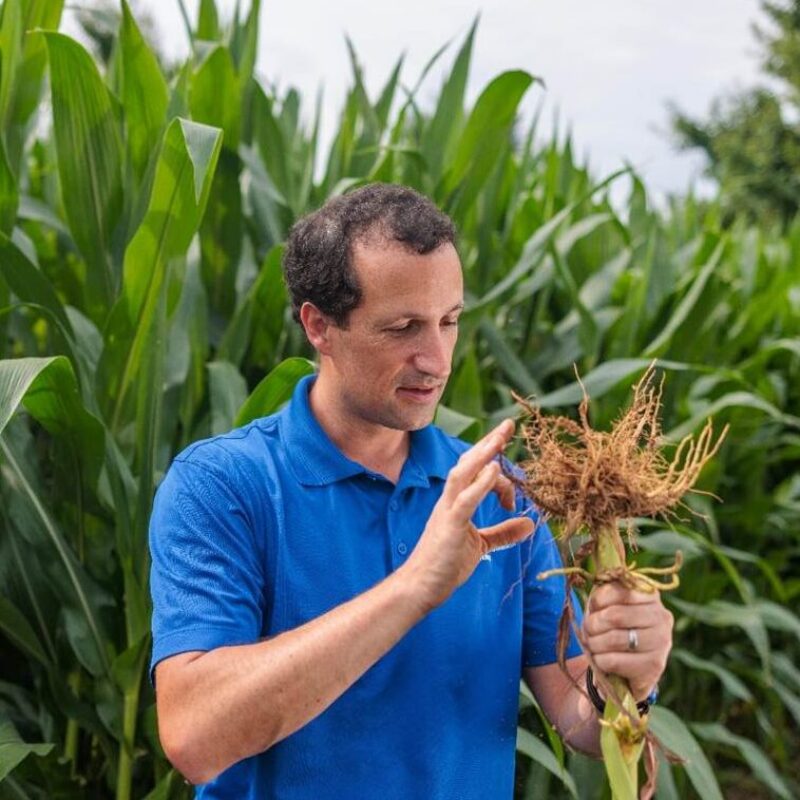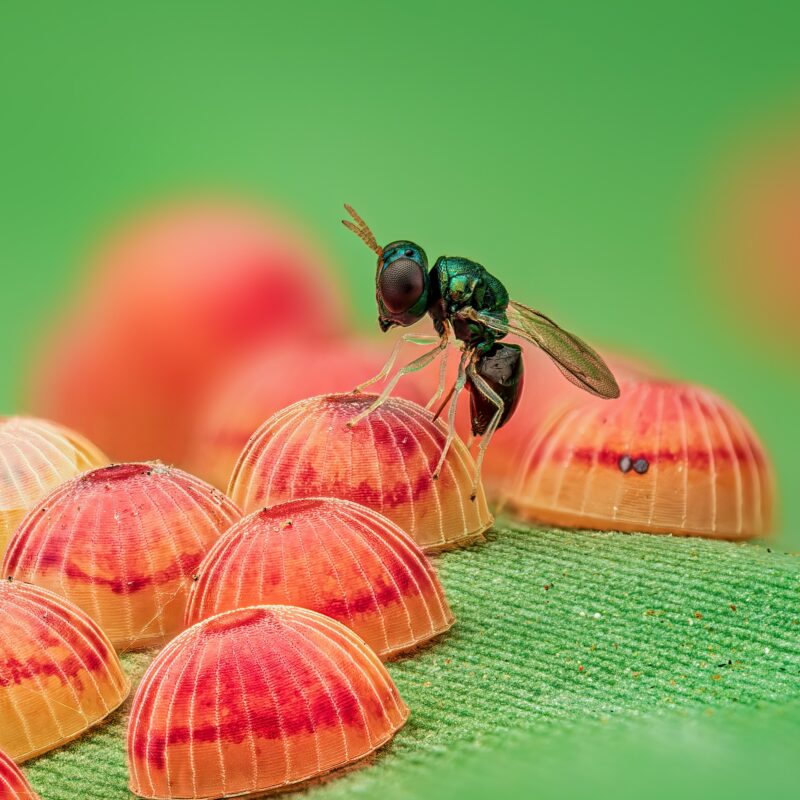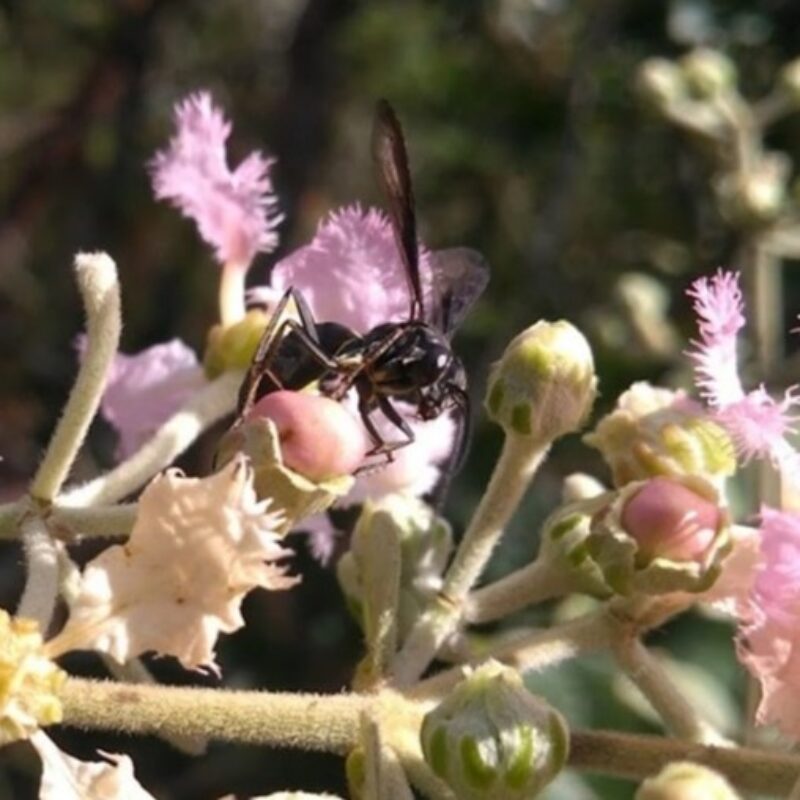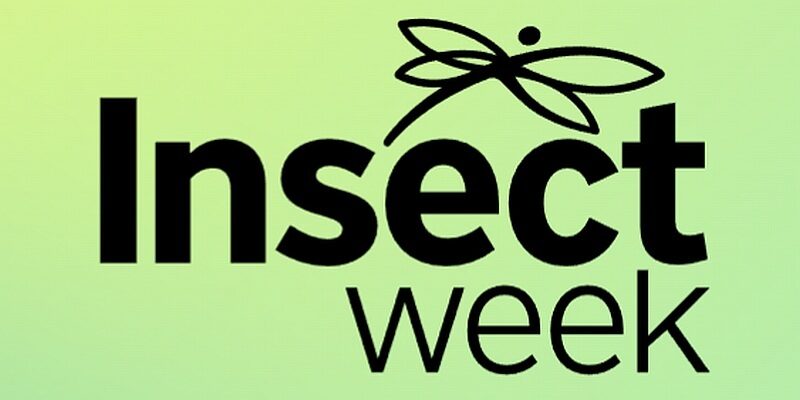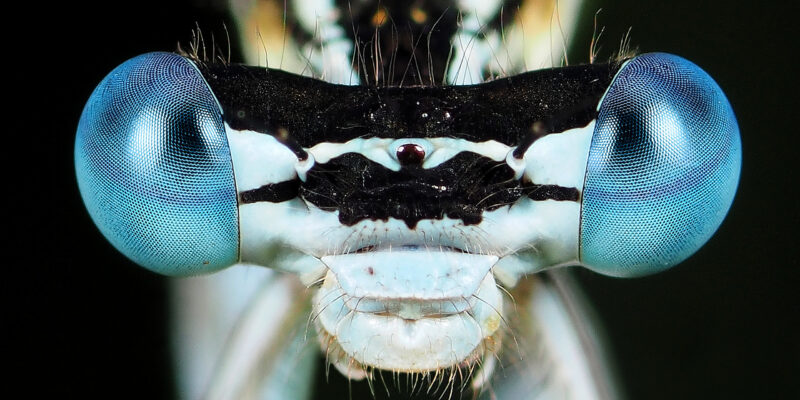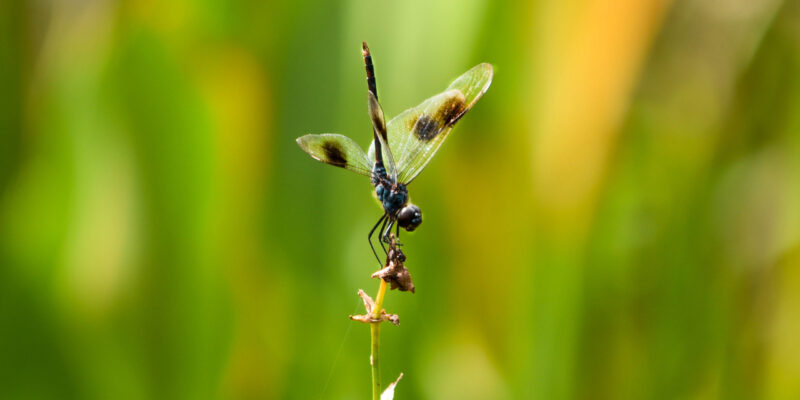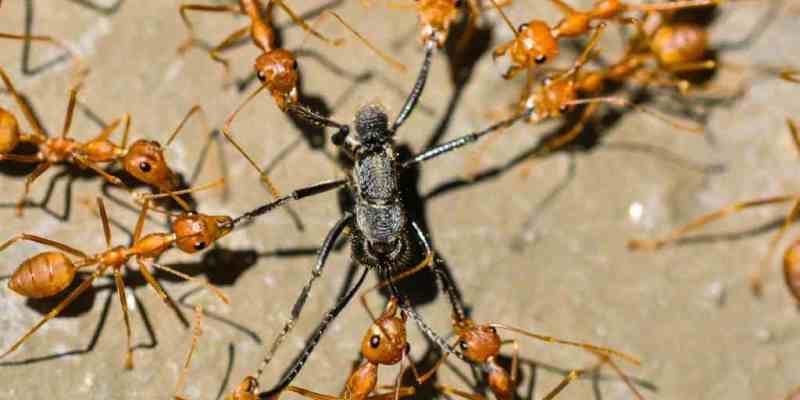Meet the Editor: Nick Teets
Nick is an entomologist at the University of Kentucky and has been Editor-in-Chief of Physiological Entomology since the beginning of 2024. He has a special interest in educating others about climate change, and has been lucky enough to travel to Antarctica for research on Antarctic insects more than once! Tell us a bit about the person behind the title Editor-in-Chief.…
Winning insect images revealed in RES Photography Competition 2025
The Royal Entomological Society has unveiled the winners of its annual Photography Competition, showcasing a stunning series of close-up images that reveal the hidden beauty and fascinating lives of insects. From intricate macro portraits to dynamic moments captured in the wild, the winning photographs offer a rare glimpse into miniature worlds. Run by the UK’s leading insect science charity, the annual competition celebrates the…
Sweet Defence: When Are Ant Bodyguards Worth the Cost? – Journal Highlight
First published: 03 February 2026. In the Brazilian Cerrado and tropical ecosystems worldwide, many plants employ a fascinating strategy: they produce sugar-rich droplets on their leaves or stems, known as extrafloral nectar. This nectar isn’t for pollinators – it’s payment for “bodyguards.” Ants drink the nectar and, in return, aggressively defend the plant against hungry herbivores. However, as explored in a…
Discover
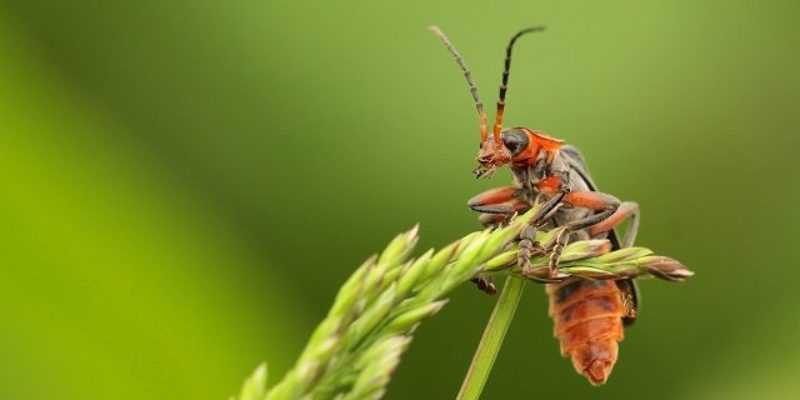
News
Read our latest news
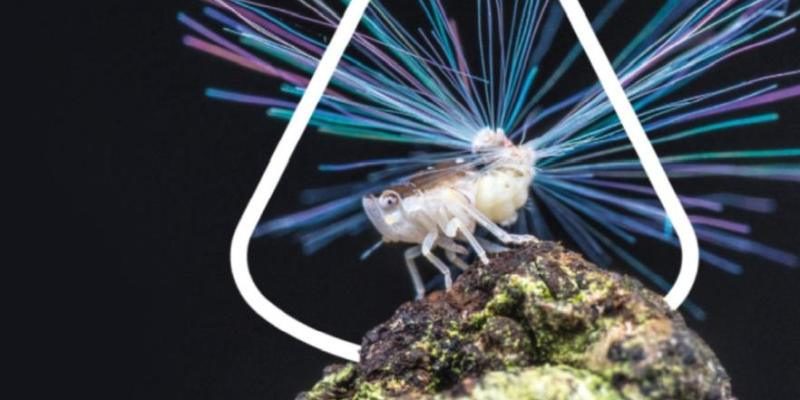
Our strategy
To enrich the world with insect science
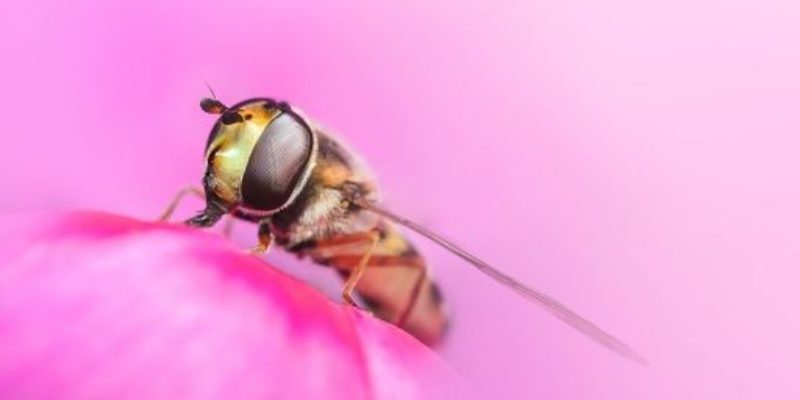
Equality and diversity
Read our policy



